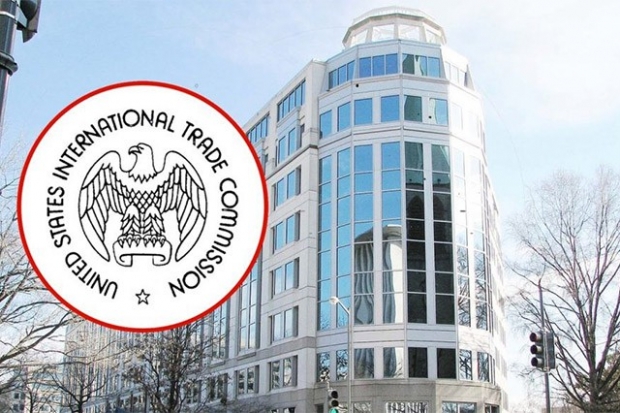For those who came in late, Apple and Qualcomm are locked in a wide-ranging legal dispute in which Apple has accused Qualcomm of unfair patent licensing practices. Qualcomm has accused Apple of patent infringement.
Qualcomm initiated the ITC case against Apple in July 2017, alleging that iPhones containing Intel chips infringed six patents describing technology that helps smartphones perform well without draining the battery. Qualcomm did not allege that Intel chips violate its patents, but that the way Apple implemented them in the iPhone does. It later dropped three of the six patents from the case.
Administrative law judge Thomas Pender, a now-retired member of the ITC tribunal that hears patent infringement cases, ruled in September that Apple infringed one of the patents, but cleared the company of infringing the other two.
Pender recommended the agency not grant Qualcomm the injunction it had sought, saying it was not in the US interest.
The ITC said it would review whether the one patent was indeed infringed and whether it was right to not grant Qualcomm relief. Pender’s decision on the other two patents would not be reviewed, it said.
The agency would also consider how long it would take Apple to design around Qualcomm’s patented battery-saving technology, what national security concerns would be implicated by an sales ban and whether a limited import ban could be adopted, it said.
“We are pleased that the Commission is going to review the Administrative Law Judge’s recommendation that no ITC remedy should result from a finding of infringement”, Don Rosenberg, Qualcomm’s executive vice president and general counsel, said in a statement after the announcement.




